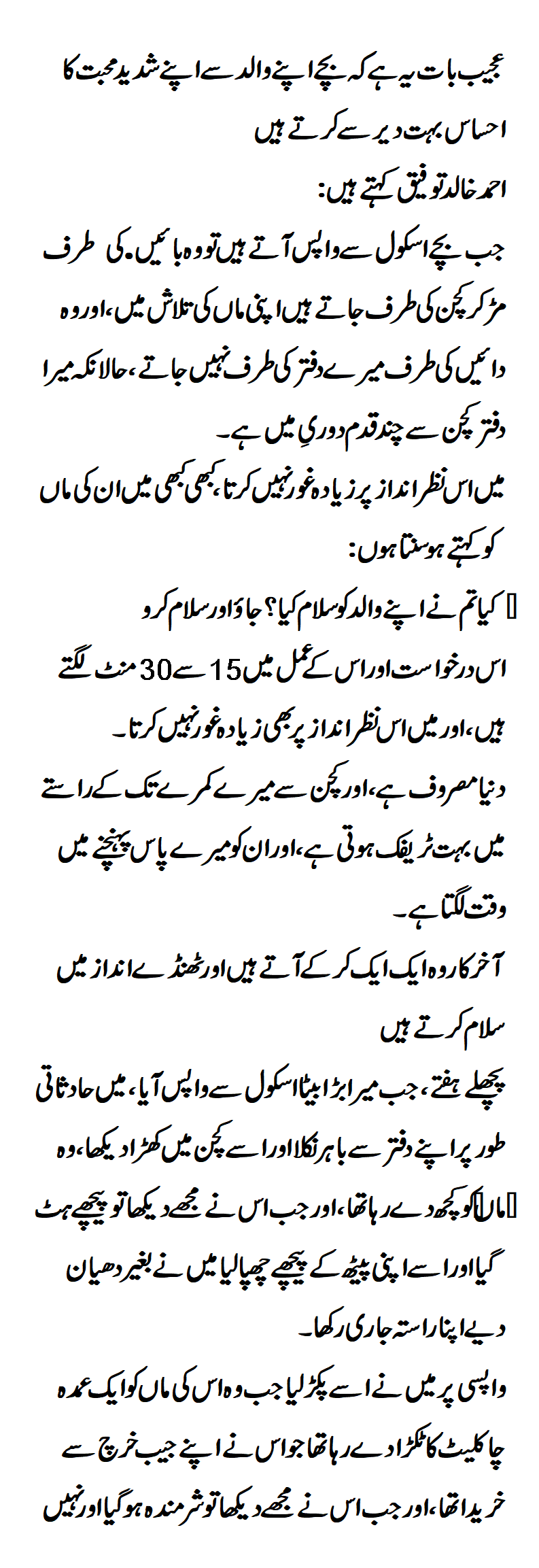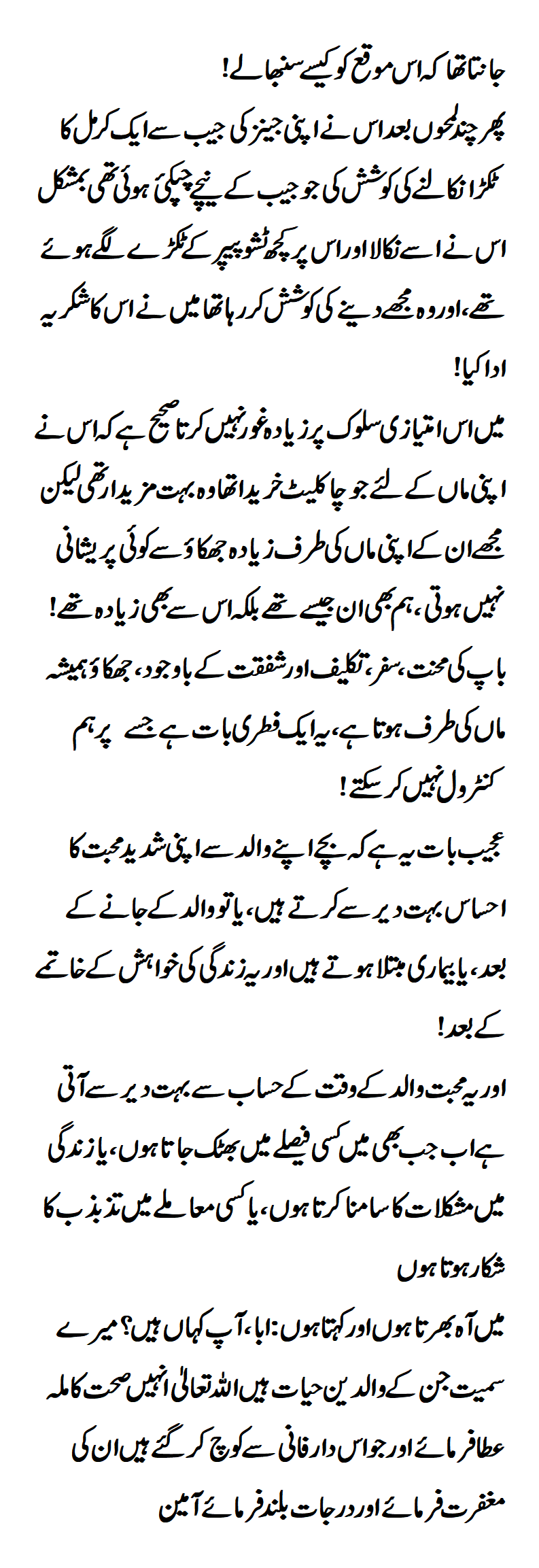Over the years of working with men in therapy, I discovered that the issues that so often come up about careers or relationships could often be traced back, sooner or later, to the lack of relationship with their fathers.
A man in therapy who I’ll call “John” describes his experiences with his father as follows,
My father was a successful clothing salesman who worked a lot, but even when he was home on weekends he wasn’t available. All of my life I’ve suffered from uncertainties about my masculinity. I think it’s because he never shared anything about himself with me. He didn’t tell me what kinds of problems he wrestled with, what he felt, or what it meant to him to be a man. I’ve had to make it all up for myself, and I’m never sure I got it right.”
The German novelist Franz Kafka reveals about this about his father in “Letter to My Father.”
“What was always incomprehensible to me was your total lack of feeling for the suffering and shame you could inflict on me with your words and judgments.”
Kafka goes on to say that the hostility his father expressed against him as a child, he now turns against himself. “My father’s method of upbringing had saddled me with a general load of fear, weakness and self-contempt.” As an adult, Kafka was haunted by his father’s hostile and impatient presence in his mind.
The American writer and poet, Robert Bly, gave voice to similar sentiments in his poem, “My Father’s Wedding 1924”, “…his skin was bark-like then, made rough to repel the sympathy he longer for, refused, and didn’t need.”
These descriptions are representative of how men recall their fathers relating to them. But even more striking than the obvious damage and wounds, is the repressed longing. Many men are love-starved for their fathers (and fathers for their sons) and deny it. To let this “out of the bag” is to face a great deal of anger, rejection, and sadness.
What is possible between a father and son? What can men do with the array of untapped emotions that shield them from knowing themselves? As adult men we can’t pretend away old unresolved wounds because the hurts eventually resurface in other areas of our lives. The unexpressed hurt and anger often transfer onto our love relationships, parenting, challenges at work, and problems with authority.


If we decide to tackle this wounded relationship in therapy, we will invariably encounter an array of painful childhood memories. We will experience waves of disappointment, rage, and grief at the loss of what we never had with our fathers. By bravely revealing and working through this boiling cauldron of emotion we may come to a meaningful resolution.
Most men will have a strong pull toward salvaging something of a relationship with “the old man.” We may still have a desire to address the damage, and try to have a more personal relationship with our fathers. Perhaps a facilitated conversation in therapy would provide an opportunity to deal with the unfinished business, leftover resentment from our childhood.